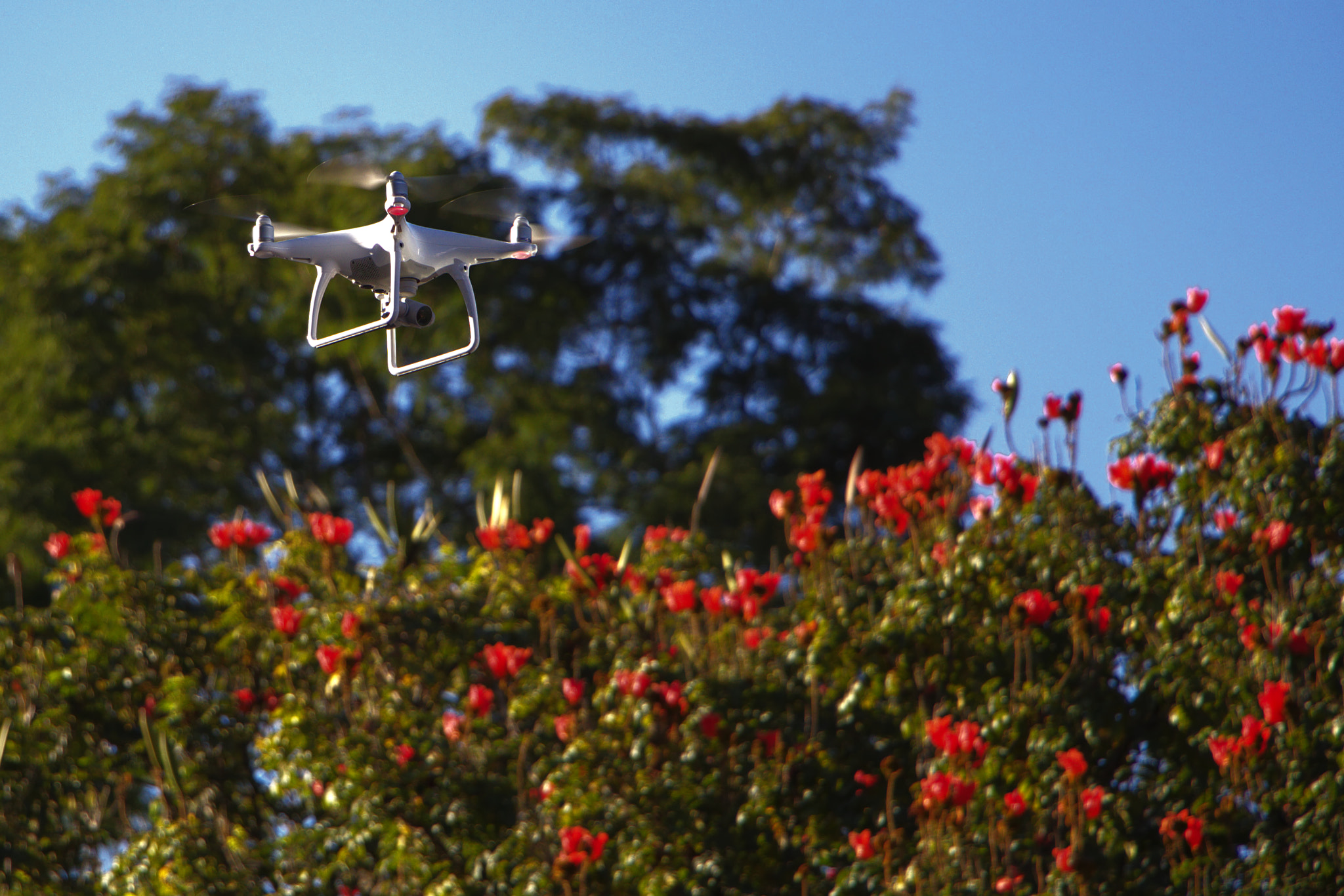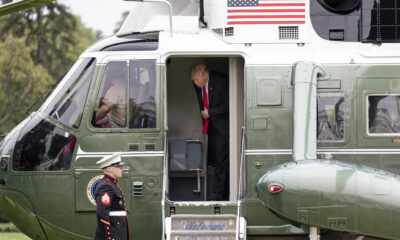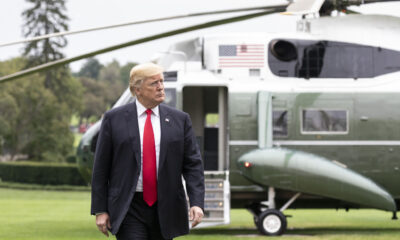Civilization
When Drones Saves Lives, It Doesn’t Matter Where They Came From

Early April in the Utah mountains presents weather as unpredictable as the terrain itself. Bright sunshine during the day can swiftly give way to evening rain, followed by subfreezing temperatures at night. In these challenging conditions, teams like mine – the Weber County Sheriff Search and Rescue team – are called into action. Utilizing drones has become integral to our operations, enabling swift and efficient location of lost individuals amidst the rugged landscape and variable weather conditions, even in the darkness with thermal cameras.
How drones can help save lives
Our ability to save lives hinges on the reliability and versatility of these drones.
If faced with a family member in need of urgent assistance, I would want the first responders equipped with the most effective tools available to ensure their safety. However, Congress is currently contemplating HR 2864, the “Countering CCP Drones Act,” which threatens to strip away the very tools essential for Search and Rescue used on missions in the Utah mountains and elsewhere.
If it became law, the bill would add drone-manufacturer DJI to its “Covered List,” which means the Federal Communications Commission could no longer approve new equipment authorizations for the company’s hardware or software in the United States. This is part of a broader effort by some in Washington to “de-couple” from China out of fear of national security threats. In this case, that fear isn’t just unjustified – it jeopardizes lives that can be saved by drones, which is to say nothing of the other electronics from China.
Drones produced by brands like DJI, which is specifically targeted by this bill, represent the pinnacle of technology, empowering not only Search and Rescue teams like mine, but also law enforcement agencies, fire departments, and other first responders to carry out our life-saving missions.
Are the worries about DJI well-founded?
This legislation is rooted in fear-mongering tactics propagated by domestic competitors seeking to stifle their rivals through legislative means. The purported justifications for HR 2864 are unfounded and fail to address any genuine concerns. Numerous independent studies attest to the safety and reliability of the drones targeted by this bill, debunking claims of national security threats. However, the passage of this bill would undeniably result in the loss of American lives. As a first responder, I have witnessed firsthand how this technology saves lives, and being forced to utilize inferior American-made drones would inevitably lead to preventable tragedies.
If the proponents of this bill were genuinely concerned about cybersecurity and safeguarding sensitive data, alternative approaches should be pursued. Implementing industry-wide cybersecurity standards irrespective of drone origin and imposing airspace restrictions on critical infrastructure sites would be more effective strategies. Simply banning foreign competition does not guarantee secure drones nor prevent malicious actors from exploiting vulnerabilities in domestically produced drones.
What about American drones?
The ramifications of this bill extend beyond first responders, jeopardizing the livelihoods of thousands of small business owners reliant on drone operations. This legislation also empowers the FCC to revoke equipment authorizations for drones already in the US, so the federal government could ground drones people have already bought – whether they’re used as a hobby, for shooting movies, or public safety. American-made drones, which are pricier and less capable, would render many businesses economically unviable. Moreover, the domestic drone market lacks the capacity to meet current demands, making the proposed legislation shortsighted and detrimental to the industry as a whole.
The argument that dependency on foreign drones poses a national security risk is flawed and shortsighted. Our economy already relies heavily on Chinese imports, including essential technological devices like cell phones and computers. Singling out drones as a security risk overlooks the broader economic interdependence between nations.
Summary
The “Countering CCP Drones Act” represents a misguided and potentially catastrophic initiative. Its enactment would not only devastate the drone industry but also imperil American lives. Each purported justification for the bill can be logically refuted, exposing the underlying motives as rooted in fear and protectionism. We see headlines every day about some kind of threat from China, but we don’t see headlines every time a drone saves a life. As a first responder, I am concerned about a future where we see headlines about the lives that could have been saved. This legislative push mirrors a “New McCarthyism,” driven by baseless accusations and a misguided sense of nationalism. Legislating competition out of existence is not a solution; it is a cowardly and un-American approach that serves neither the interests of national security nor economic prosperity.
The views in the article are the author’s own.
This article was originally published by RealClearDefense and made available via RealClearWire.
Capt. Kyle Nordfors is a 25-year veteran of the aviation industry, a long-time volunteer for Weber County, Utah, Sheriff Search and Rescue team, and UAS chairman for the Mountain Rescue Association.
-

 Civilization1 day ago
Civilization1 day agoWhy Europe Shouldn’t Be Upset at Trump’s Venezuelan Actions
-

 Accountability4 days ago
Accountability4 days agoWaste of the Day: Principal Bought Lobster with School Funds
-

 Executive2 days ago
Executive2 days agoHow Relaxed COVID-Era Rules Fueled Minnesota’s Biggest Scam
-

 Constitution3 days ago
Constitution3 days agoTrump, Canada, and the Constitutional Problem Beneath the Bridge
-

 Christianity Today1 day ago
Christianity Today1 day agoSurprising Revival: Gen Z Men & Highly Educated Lead Return to Religion
-

 Civilization2 days ago
Civilization2 days agoThe End of Purple States and Competitive Districts
-

 Executive2 days ago
Executive2 days agoWaste of the Day: Can You Hear Me Now?
-

 Civilization5 days ago
Civilization5 days agoThe Conundrum of President Donald J. Trump














